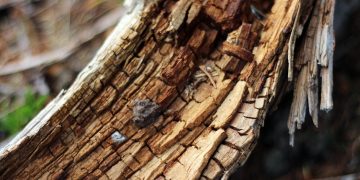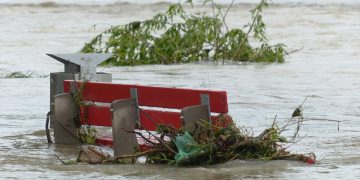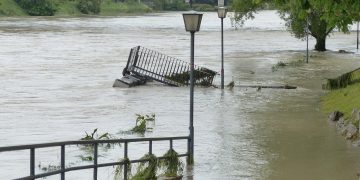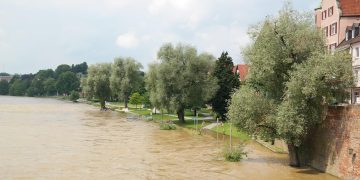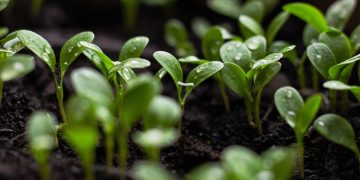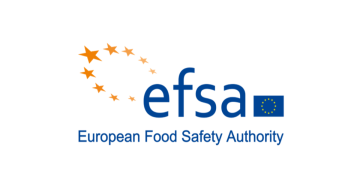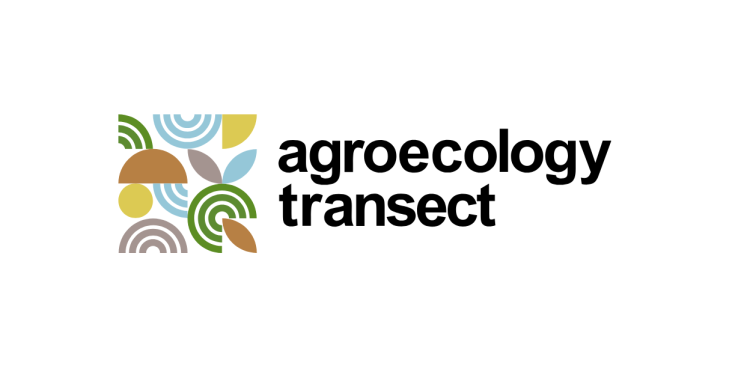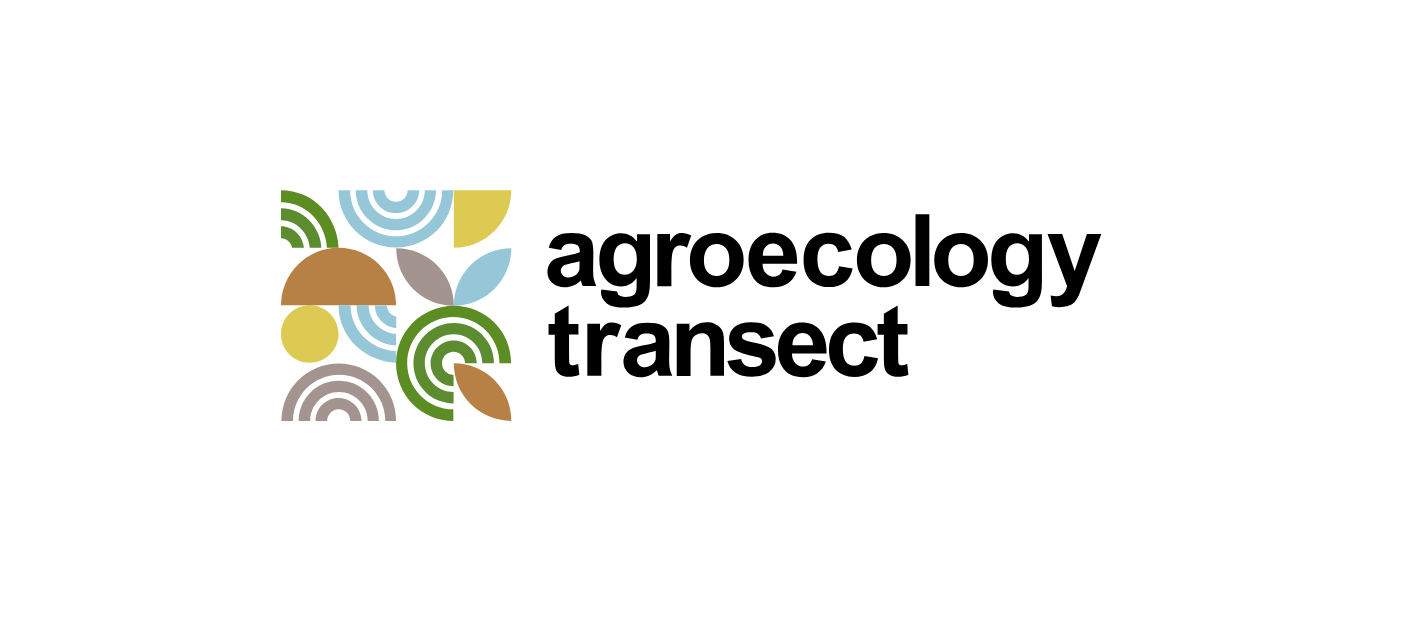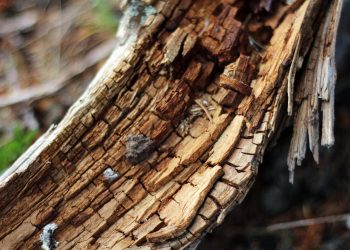Farmers, environmental scientists and policy makers are invited to join a virtual roadshow examining apparently ‘polar opposite’ approaches to conserving and restoring nature.
Hosted by Agroecology-Transect, a Horizon Europe project exploring how nature-friendly farming is evolving across 11 European countries and beyond, the webinar explores compelling evidence demonstrating how these dramatically different approaches square-up to accelerate positive change for people, animals and the environment.
Agroecology Transect Project Coordinator Bertrand Dumont said: “Now in its third-year the Agroecology-Transect project has amassed a wealth of evidence and data demonstrating how agroecological farming practices result in an increase in biodiversity and advance climate change mitigation – compared to conventional farming practices. “
Roots of Resilience is the second in our series of four virtual roadshow in which we share some of the incredible findings and insights from Innovation Hubs and disseminate what they mean in practice in this interactive webinar where delegates are invited to question and discuss key learnings.
“We hear from some of the leading researchers in Europe in the field who will bring the evidence to life with innovative presentations, animation and visual storytelling to highlight how biodiversity underpins resilient agroecological systems.”
Roots to Resilience – agenda:
How has European Agriculture Policy (CAP) affected biodiversity so far?
Elizabeth Finch, German Centre for Integrative Biodiversity Research will lead the discussion on this first big question and by implication, consider what does that policy need to do better?
What does the research tell us about the impact of agroecological farming practices on biodiversity?
Cian Blaix, INRAE/Agroscope will then take delegates on a deep dive into over 170 studies looking at how adopting agroecology results in an increase in biodiversity and climate change mitigation, compared to conventional interventions.
What new tools can we use to measure Biodiversity on farms?
Adrien Swartebroeckx, Walloon Agricultural Research Centre will introduce the project’s Multi-Criteria Analysis Tool (MCA), which has developed a range of field and farm level indicators to anlayse the impact of Agroecological practices on Biodiversity, Climate Adaptation and Socio-Economic Resilience.
Updates from Innovation Hubs:This will be followed by three markedly different case studies from the Innovation Hubs which will bring real world examples and experiences to illustrate the impact of the research.
1) The first of these is results-based incentives for farmers in the Western Stara Planina in Bulgaria. We will hear from the Bulgarian innovation hub about their work developing and testing result-based agri-environment payment schemes (RBAPS), and how these have encouraged farmers to adopt agroecological practices that support biodiversity.
2) Exploring functional biodiversity: enhancing agronomic performance and ecological sustainabilityThe innovation hub team in Switzerland shares insights into how multi-species seed mixtures for grasslands contribute to sustainable forage production. Their research highlights the role of functional biodiversity, i.e. how the different plant species complement each other ideally to align environmentally friendly and economically viable production of high-quality, home-grown forage.
3) Conservation biodiversity in perennial systems
The Hungarian innovation hub updates us on their trials with different mixes of species-rich seeds (grass-herb and legume) to determine which provide the best overall climate-proof perennial cover crop in the vine inter-rows. Their particular focus is on the best solutions for weed control, soil conservation and biodiversity development.
You can secure your seat at the webinar by registering here for free using this link: https://www.eventbrite.co.uk/e/agroecology-transect-virtual-roadshow-registration-1370932137929?aff=oddtdtcreator
You can watch the first virtual roadshow ‘Exploring the barriers and lever of agroecology here https://www.agroecology-transect.net/resources/agroecology-transect-roadshow/
Fonte: Agroecology Transect

